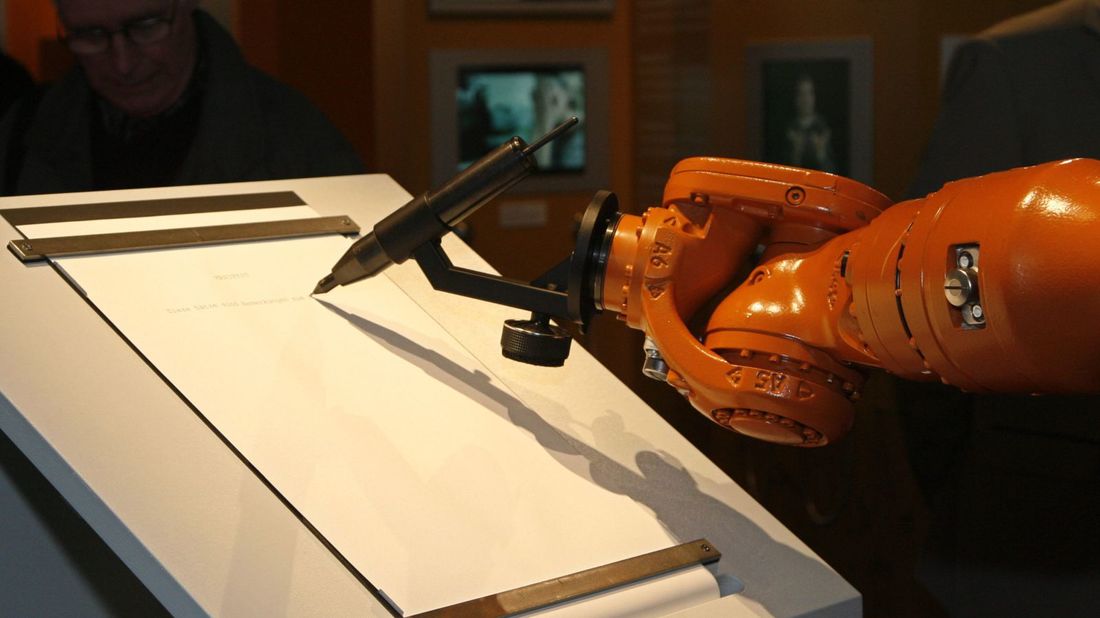
From an interview on the Knowledge at Wharton website, Wharton School of Business at The University of Pennsylvania, covering a new and intriguing book (now on my short list), Humility is the New Smart, Rethinking Human Excellence in the Smart Machine Age:
"We human beings are going to be in a frantic footrace with smart machines to stay relevant. [What] we’re going to have to do well are those things which are uniquely human, such as our ability to create, innovate and relate at the highest emotional levels with other humans. In order to do that, we have to basically overcome our humanness. That’s the counter-intuitive part of this. We can’t stay relevant by trying to outthink Watson. Watson can process, remember, and recall much more information than us."
"When knowledge has a short shelf life and smart machines can remember and process more than us, what is smart going to mean? Instead of getting my ego all wrapped up in how much I know, New Smart says, 'Define yourself as the quality of your thinking, listening, relating and collaborating. [Those are] the key behaviors that are necessary in order for you and me to think critically, innovatively and to collaborate with others, all of which require other people.'”
"The environment in which people excel at creativity or innovation is very humanistic and people-centric. Technology will dehumanize business by reducing human headcount, but on the opposite side, it’s going to require all organizations to become more humanistic, more people-centric, more psychology-oriented, [and harness] the power of emotions."
The full interview


 RSS Feed
RSS Feed
